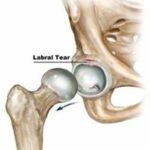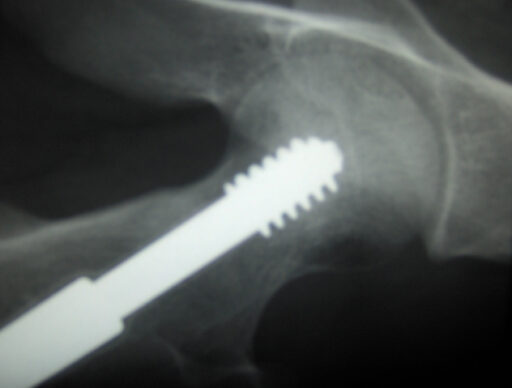Monkeypox has been declared a public health emergency in the United States.
The number of monkeypox cases in the United States has surpassed 6,600, but experts remain optimistic that the outbreak can be contained with further immunizations and testing.
On Thursday, the Biden administration declared monkeypox a public health emergency, citing a countrywide case count of 6,600.
The designation might make it simpler for people to get emergency cash, let health officials to collect more data on cases and vaccines, speed up vaccine delivery, and make it easier for physicians to provide treatment.
“We’re ready to take our response to the next level in addressing this virus, and we urge every American to take monkeypox seriously and to take responsibility to help us tackle this virus,”
Department of Health and Human Services Secretary Xavier Becerra said during a briefing on the emergency declaration on Thursday.
A fifth of all cases in the United States are in New York, which declared a state of emergency last week. California and Illinois followed suit on Monday, declaring states of emergency.
Monkeypox was labelled a public health emergency of worldwide concern by the World Health Organization last month, a classification reserved for the most dangerous global disease outbreaks.
Previously, it was used to treat Covid-19, Zika, H1N1 flu, polio, and Ebola. According to the Centers for Disease Control and Prevention, at least 26,200 monkeypox cases have been verified globally this year.

Monkeypox is mostly spreading through male-to-male sexual contact, which was not the case in past outbreaks.
According to the Department of Health and Human Services, all but 1% of monkeypox cases in the United States have been designated male at birth.
The typical monkeypox patient in the United States is roughly 35 years old, however anybody of any age can be infected.
The CDC has identified five instances in children: two in California, two in Indiana, and one in Washington, D.C., involving a newborn who is not a U.S. resident.
The health agencies of California and Indiana declined to comment on their pediatric instances, but Jennifer Rice Epstein, public affairs officer at the Long Beach Department of Health and Human Services, said the youngster in her city was infected through close contact.
According to HHS, white individuals accounted for 37% of monkeypox cases in the United States as of last week, followed by Hispanic or Latino persons (31%), Black people (27%), and Asian people (4%).











